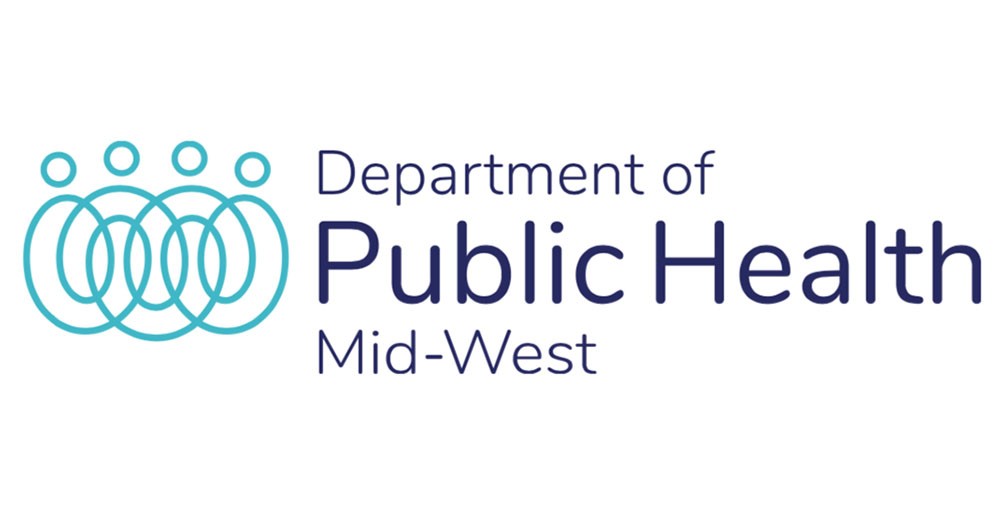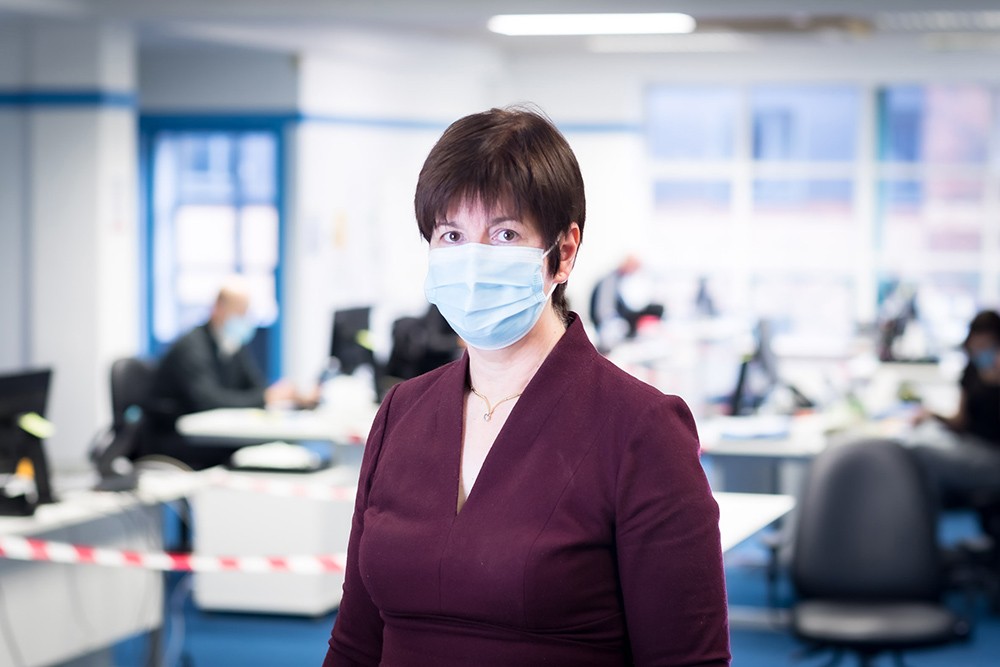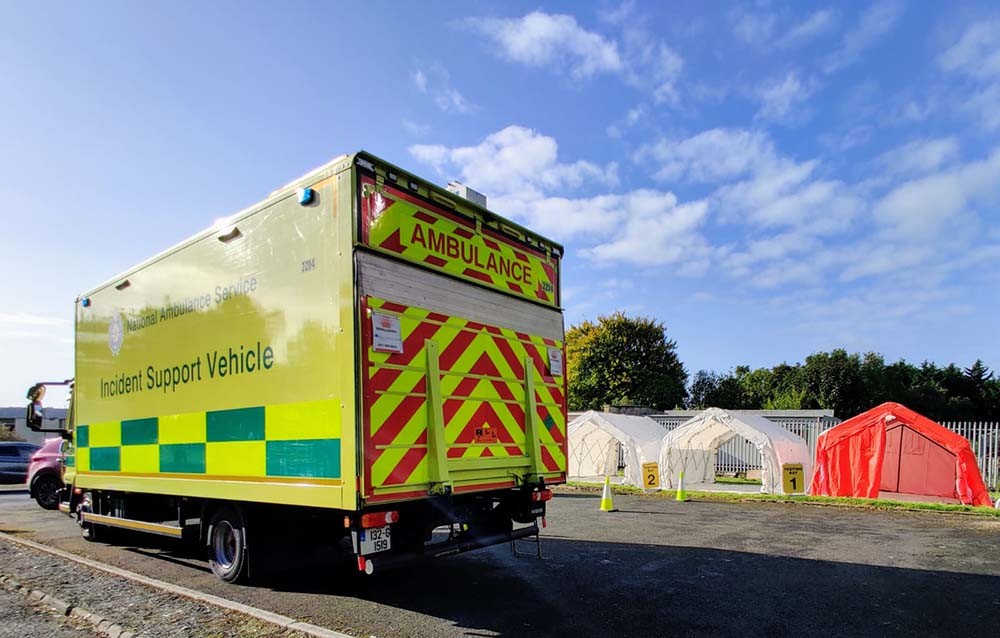
The Department of Public Health Mid-West, UL Hospitals Group, and HSE Mid-West Community Healthcare are urging people in Clare to not get distracted by the gradual decrease in Covid-19 cases, and to bring about collective action to bring infection rates to a minimum.
We welcome the considerable decrease in daily infection levels, which have dropped from 238 cases on January 12, to 70 on January 25 across the Mid-West. This is a clear indication that there is sizeable buy-in from the public to comply with public health guidelines since Level 5 restrictions were put in place.
However, due to close contacts not being tested at this time, it is important for the public to understand that the current daily figures do not present a full picture, and we advise that people still consider everyone they meet a positive case.
Dr Mai Mannix, Director of Public Health Mid-West, said: “The current trend of decreasing infection levels is a welcome one, and helps our team manage complex clusters and outbreaks when they do arise.
“However, previous experience has shown that where is there is a noticeable drop in cases, there can be a shift in behaviours whereby some members of the public relax their efforts, which then leads to more cases and outbreaks in the community.
“Our baseline of cases is far too high at present for us to drop the guard, and we now have a collective responsibility to suppress the spread of the virus in the community, as our healthcare services continue to treat a significant number of very ill patients with Covid-19.”

It will take a number of weeks before continued positive trends in the community are felt in our hospitals. While the number of Covid positive inpatients in University Hospital Limerick has decreased this week, much of this relates to the delisting of patients as Covid positive rather than recovered patients being discharged from hospital.
UL Hospitals Group CEO, Colette Cowan, said: “While patients may no longer be considered actively infectious and may be treated on a post-Covid or non-Covid ward, many patients will require ongoing care and rehabilitation before they are well enough to be discharged. These patients often require a longer stay in hospital. There are also very unwell patients receiving respiratory support on our medical wards who may unfortunately require to be admitted to ICU. And more work is required of all of us to further reduce community transmission.”
“Hospitals in our region and around the country remain severely challenged by this virus with significant curtailment of scheduled care; difficulties in transferring or discharging patients due to outbreaks; and considerable numbers of staff unable to work through illness or contact with Covid-19. Essential services continue to operate for Covid and non-Covid patients and we all need to sustain our efforts to optimise the levels of care available for our sickest patients.”

HSE Mid West Community Healthcare Chief Officer, Maria Bridgeman said: “Concurring with my colleagues in public health and the acute hospitals, some of our most vulnerable groups remain at a high risk. All those who we hold dear to our hearts, those who are in nursing homes, mental health facilities, disability settings and wider congregated settings must be protected as we continue to meet the challenges of the third wave of Covid-19.
“Our priority is the health and safety of staff and our service users and while there is a downward trend in case numbers we are pleading with the public to reduce any risks posed to them. Our battle with Covid-19 has been inhibited by many challenges including staffing so it is vital the public continue to play their part to save lives, please adhere to the public measures, please stay at home and please limit your contacts as every effort and sacrifice you make really does count.”
